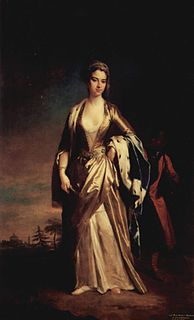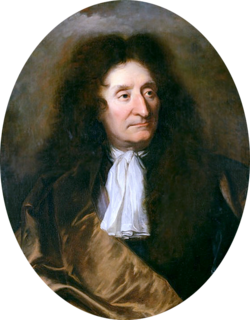A Quote by Mary Wortley Montagu
I believe more follies are committed out of complaisance to the world, than in following our own inclinations.
Related Quotes
There is a certain class of people who prefer to say that their fathers came down in the world through their own follies than to boast that they rose in the world through their own industry and talents. It is the same shabby-genteel sentiment, the same vanity of birth which makes men prefer to believe that they are degenerated angels rather than elevated apes.
In a world in which we are exposed to more information, more options, more philosophies, more perspectives than ever before, in which we must choose the values by which we will live (rather than unquestioningly follow some tradition for no better reason than that our own parents did), we need to be willing to stand on our own judgment and trust our own intelligence-to look at the world through our own eyes-to chart our course and think through how to achieve the future we want, to commit ourselves to continuous questioning and learning-to be, in a word, self-responsible.
Do you believe in luck, Ludlow?" I had thought about this more than once in my life. "I believe some poeple are luckier than others."..."Which do you believe in, luck or Destiny?" Joe considered a moment befoe replying, "We make our own luck, Ludlow, by our actions and our state of mind. As such you control your own fate. Oney one thing is certain: None of us can escape the grave.
American statesmen might like some Europeans more than others and even detect quaint resemblances to their own outlook; but they no more committed themselves to a particular group or country than a nineteenth-century missionary committed himself to the African tribe in which he happened to find himself.
I originated a remark many years ago that I think has been copied more than any little thing that I've ever said, and I used it in the follies of 1922. I said America has a unique record. We never lost a war and we never won a conference in our lives. I believe that we could without any degree of egotism, single-handed lick any nation in the world. But we can't confer with Costa Rica and come home with our shirts on.
I believe the person who was out conquering the world, who was out fighting in the world were our fathers, so to have them come... I adored my father more than anyone in the world, but my father had more advice on work policies and how to get a job and how to survive in the work environment than my mother because my mother never worked outside of the home. So I think the support of fathers is very important.
Reading fiction is important. It is a vital means of imagining a life other than our own, which in turn makes us more empathetic beings. Following complex story lines stretches our brains beyond the 140 characters of sound-bite thinking, and staying within the world of a novel gives us the ability to be quiet and alone, two skills that are disappearing faster than the polar icecaps.





































